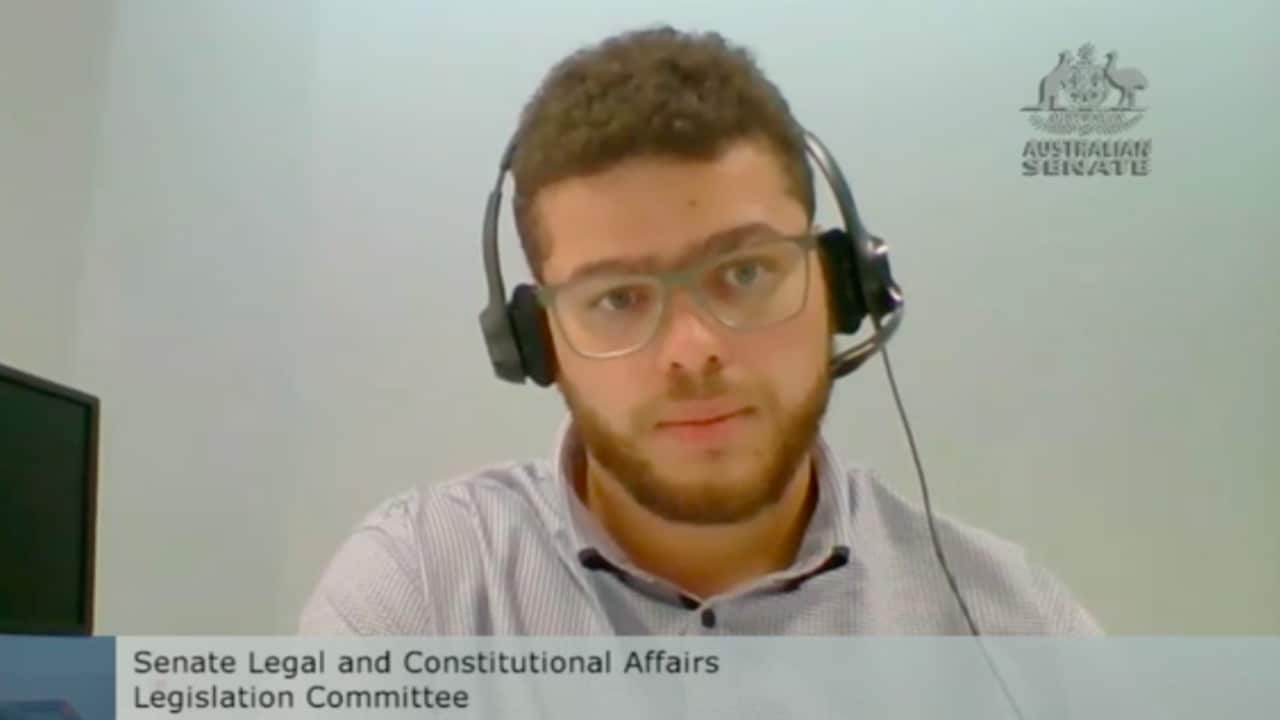The integrity of a pilot program for controversial reforms to the National Disability Insurance Scheme has been called into question by federal senators.
The National Disability Insurance Agency, which runs the NDIS, was grilled about the independent assessment reforms set to roll out next year at a Senate estimates hearing on Thursday.
The pilot program found 90 per cent of participants were either very satisfied or satisfied by their experience, , though the full results and details are yet to be made public.
Under questioning by Labor Senator Carol Brown on Thursday, the NDIA revealed 512 people completed the pilot, but only 145 finished the satisfaction survey at the end – around 28 per cent.
“Are you satisfied then the report that you've put on online from pilot one really reflects participant satisfaction?” Senator Brown asked.
NDIS Actuary Sarah Johnson replied: “145 out of 512 isn't a bad takeup rate for a lot of satisfaction surveys undertaken.”
“Twenty-eight per cent is a strong sample size of 512,” NDIA CEO Martin Hoffman added.
Greens Senator Jordon Steele-John then asked Ms Johnson whether the NDIA had set a target for the survey’s completion rate.
Ms Johnson took the question on notice, but indicated she thought it would have been less than 28 per cent, prompting disbelief from Senator Steele-John.
“That is massively concerning because [the reforms are] a significant change that has caused a lot of people a massive amount of distress, and you are seeking only to place yourself the goal of extracting less than 28 per cent of participant feedback on what that process was like?” he said.
“That is outrageously unacceptable. Good lord.” Senator Steele-John also expressed concern the people who did give feedback could have done so knowing the outcome of their assessment.
Senator Steele-John also expressed concern the people who did give feedback could have done so knowing the outcome of their assessment.

NDIS Actuary Sarah Johnson at Thursday's Senate hearing Source: Screenshot/APH
“Are you not a little bit concerned that that might have coloured their feedback on the survey?” he asked Ms Johnson.
“Not specifically,” she replied. “I think that we got enough feedback along the process. And it's one component of our evaluation. We’re also looking at feedback from other things.”
Another larger pilot program is scheduled to begin in the , during which the NDIA said it would offer a satisfaction survey to all participants.
Senator Steele-John asked Social Services Minister Anne Ruston what level of survey dissatisfaction it would take for the government to pause the introduction of the independent assessments.
"This is one process,” she replied. "The purpose of this process was to inform what was going on. It wasn't a simple binary decision of yes or no, it was a process to inform the agency in relation to the implementation of [these reforms]."
The first pilot covered people with autism spectrum disorder, intellectual disabilities and psychosocial disabilities across nine New South Wales metropolitan areas.
What are independent assessments?
Under - announced in August after being recommended in a review of the NDIS - participants will be referred to an independent healthcare specialist for free assessments to determine their eligibility for the scheme.
Currently, participants need to acquire reports from multiple therapists of their choosing, which then forms an evidence base for their eligibility.
But there’s been the assessments could be too brief to properly determine an applicant's eligibility for the NDIS and force vulnerable people to be assessed by practitioners they don't know or trust.
they were afraid the reforms could lead to instances of self-harm and the focus on someone’s “capability” would place additional barriers between them and support.
NDIS Minister Stuart Robert told SBS News earlier this month the independent assessment process would make access to the scheme more consistent and transparent.
"We believe it's important all NDIS participants are treated equally and fairly to ensure all decisions made in access and planning are made using the same level of impartial data and consistent criteria and we are making changes to deliver on that commitment,” he said.
He said they were a key reform that would provide an equitable way to "capture information about a person’s functional capacity, without making assumptions based on disability or diagnosis".
"These changes are in line with the original intent for the NDIS and follow extensive conversations with NDIS participants, families and the disability sector as well as pilot programs," he said.











